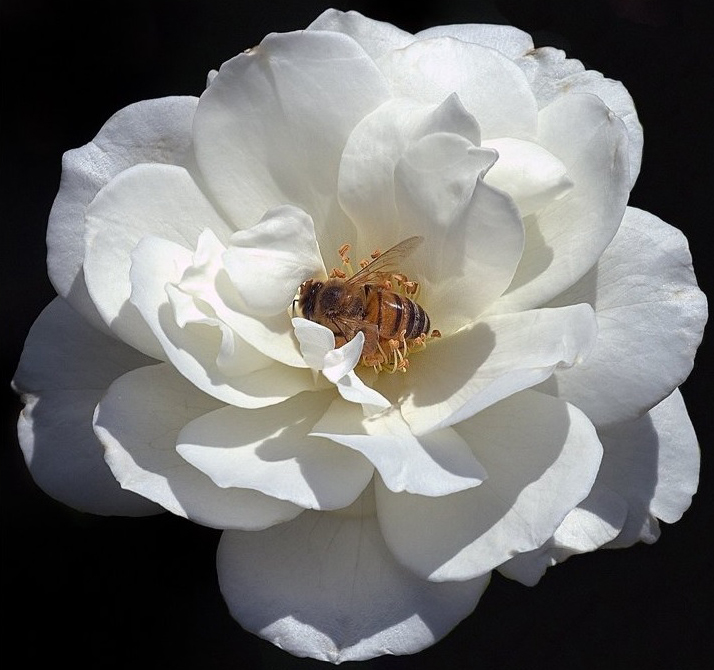
In 2015, researchers launched the DREAM Olfaction Prediction Challenge, aiming to establish a science of odor. This initiative was inspired by the idea proposed by Alexander Graham Bell to “measure a smell” and address the absence of a science dedicated to odor. While technologies based on sound and light, such as voice assistants and facial recognition, are well-developed, machine olfaction, or digitized smell, has lagged due to the complexity of human olfaction, which involves around 400 types of receptor cells compared to the fewer types involved in vision.
Machine olfaction begins with sensors that detect airborne molecules, similar to how human noses work. However, to be practical, these systems must also interpret these molecules as specific smells, a task that requires machine learning. Machine learning, particularly deep learning, has revolutionized fields like voice recognition and image processing, and it’s crucial for translating molecular data into human-recognizable odor descriptors.
The field faced a data shortage issue until the DREAM challenge provided a breakthrough by making biological data available and encouraging global teams to develop models predicting odor labels from molecular structures. The challenge led to significant advancements, including the application of random forest models, which were detailed in a 2017 paper.
The COVID-19 pandemic, which highlighted cases of smell blindness, further increased interest in olfaction. The Pyrfume Project expanded available datasets, leading to advancements like the principal odor map created by Google Research’s Alexander Wiltschko using graph neural networks. This map positions similar odors close together, overcoming the challenge that small molecular changes can lead to large differences in smell.
Machine olfaction’s future holds promise for personalized fragrances, improved insect repellents, novel sensors, early disease detection, and enhanced augmented reality experiences, making it a promising and intriguing field.
